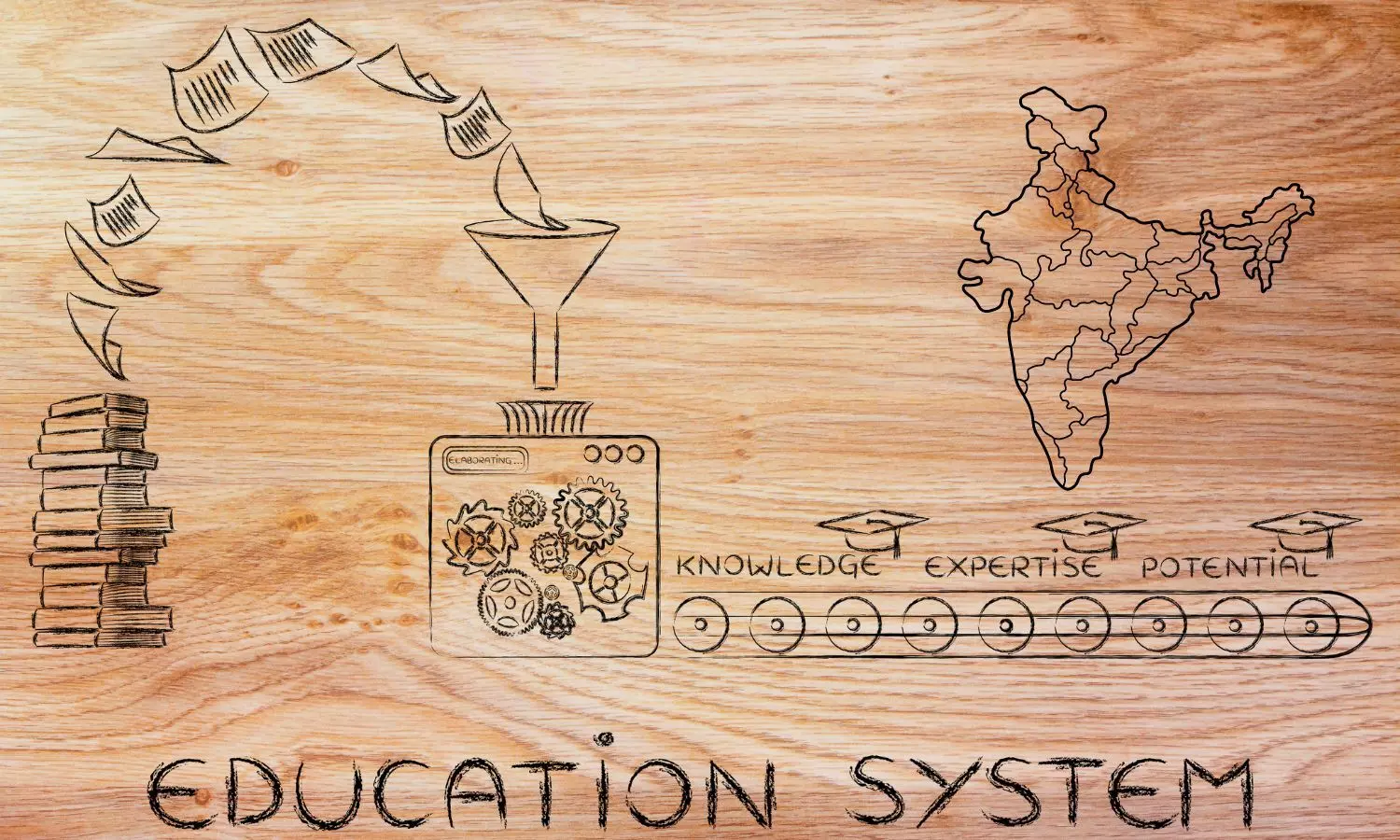The Evolution of the Education System in India
Discover how India's unwavering quest for knowledge has shaped the educational landscape for millennia through the fusion of ancient wisdom and contemporary educational methods.
image for illustrative purpose

Education has consistently served as a fundamental pillar of human civilization. The history of education in India is a captivating narrative that intricately interweaves cultural diversity, innovation, and tradition. This narrative exemplifies India's unwavering quest for knowledge, which has shaped the educational landscape for millennia through the fusion of ancient wisdom and contemporary educational methods. We invite you to accompany us on an enlightening exploration of the complex history of education in India.
A brief overview:
1.Vedic period- Gurukuls marked the beginnings of education, where oral traditions originated.
2.Ancient universities- Historical institutes Nalanda & Taxila thrived as epicentres of knowledge.
3.Medieval era- Islamic influence on education; Persian and Arabic teachings.
4.Colonial rule- Introduced the British educational system with an emphasis on English.
5.India attained independence in 1947 and emphasised elementary education and literacy.
6.Modern era- Emergence of IITs and IIMs; a revolution in education driven by technology.
7.Current era- Traditional and contemporary approaches comprise a diverse landscape.
Historical periods in India marked the inception of education through the establishment of gurukuls and ashrams. By means of oral traditions, these educational institutions fostered an intimate teacher-student relationship in which knowledge was transmitted. With regard to academic disciplines, a holistic approach was prioritised, which included astronomy, mathematics, philosophy, and linguistics. During this period, the groundwork was established for the esteemed guru-shishya tradition, which fostered a deep reverence for wisdom and knowledge.
Education in India was confronted with formidable obstacles during the medieval era, as invasions and political unrest caused the disarray of educational establishments. Nevertheless, the advent of Islamic scholars brought about the amalgamation of Persian and Arabic pedagogy, which significantly enhanced the educational milieu of India. During the Mughal era, madrasas were established, and traditional knowledge systems were safeguarded.
A period of profound change in the history of education in India began with the advent of colonial powers. Formal education systems were implemented by the British, which subsequently resulted in the formation of colleges and universities. During this era, traditional Indian education and Western ideals clashed, with the former frequently marginalised. The pursuit of independence, on the other hand, stimulated a renewed interest in conventional educational systems by increasing the demand for education.
Following its independence in 1947, India witnessed a notable advancement in the realm of education. Under the auspices of promoting universal education, the government enacted measures that prioritised literacy and elementary schooling. With the establishment of prestigious institutions such as the Indian Institutes of Technology (IITs) and Indian Institutes of Management (IIMs), India reaffirmed its dedication to promoting higher education excellence.
The progression of education in India persisted into the 21st century. The country was faced with obstacles concerning the standards, availability, and fairness of education. However, the emergence of e-learning platforms and technological advancements have expanded the possibilities for education. Skills development programs, online education, and digital classrooms have ushered in a new era of education in India by revolutionising the dissemination of knowledge.
Want to share your views, too?

